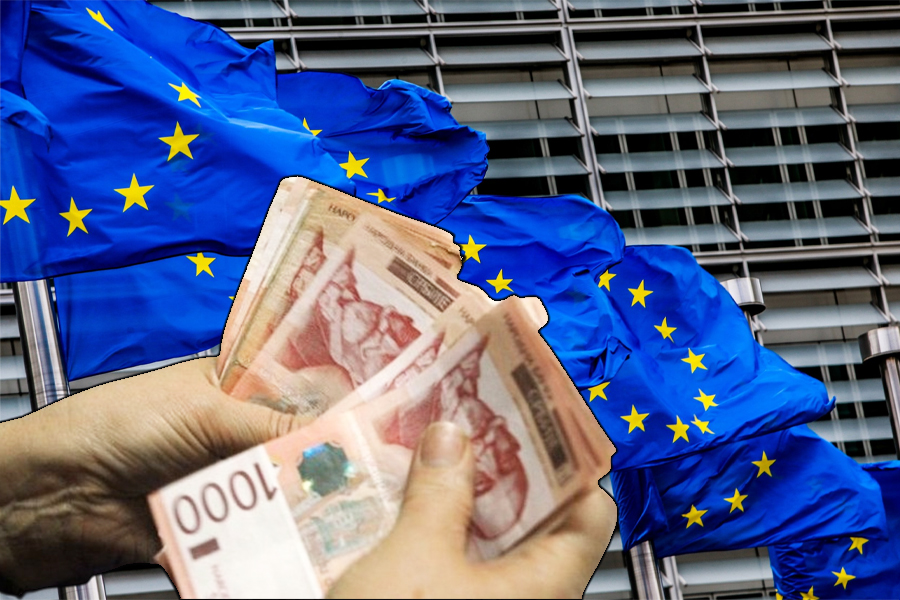Disregarding the requests of international allies to postpone the decision on the Serbian dinar may bring new punitive measures of the European Union against Kosovo, say political analysts. According to them, Kosovo has never achieved all its goals with one decision, therefore coordination with allies is needed. However, new punitive measures due to the new CBK regulation are not expected in the ruling party, Vetëvendosje. On the contrary, they demand that the exciting measures be removed as soon as possible.
The political analyst, Arbnor Sadiku, tells KosovaPress that based on the insistence of the European Union and the USA to postpone the decision on the dinar, Kosovo is risking a lot for new sanctions.
Likewise, the other political analyst, Arton Demhasaj, says that there is a tendency from the EU to toughen punitive measures against Kosovo, due to the decision on the dinar.
But VV MP Driton Hyseni says the opposite.
According to him, there will be no new punitive measures against Kosovo, and he even emphasizes that the EU should remove the existing ones as soon as possible.
According to the new regulation of the Central Bank of Kosovo, which entered into force on February 1, it is foreseen that the only currency of payments in Kosovo will be the euro.
After the great international reaction, the CBK days ago drafted a new plan, but not longer than three months, for easier implementation of the effects of the regulation for cash operations in certain communities.
The CBK announced that it has taken a number of relief measures for Kosovo Serbs in the four northern municipalities, including opening a free telephone line (0800-222-55), an e-mail for complaints, as well as a dedicated number on ‘viber’ ‘.
Among the facilitating measures it has undertaken are the easing of the conditions for opening bank accounts, the temporary suspension of the CBK fee applicable for opening branches/offices, “to encourage licensed non-bank financial institutions (with an emphasis on exchange) to open offices in Kosovo’s municipalities with a Serbian majority, especially in the four northern municipalities.







